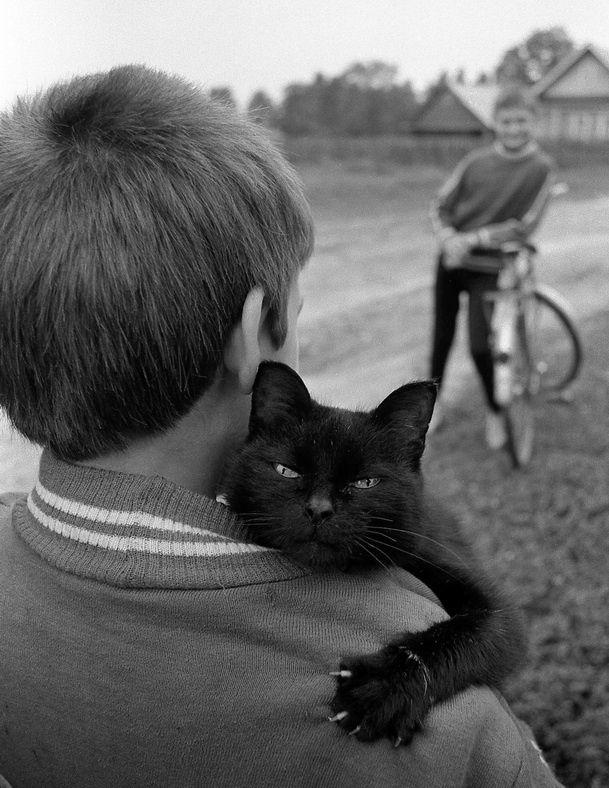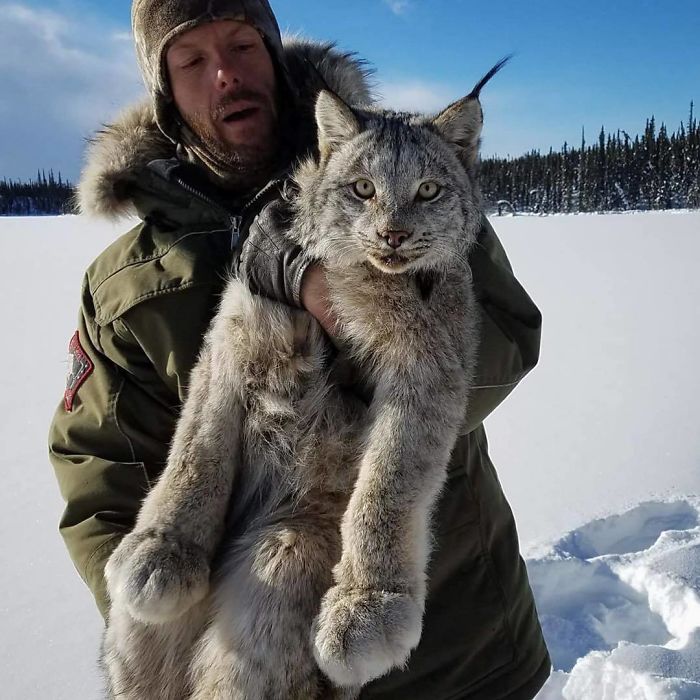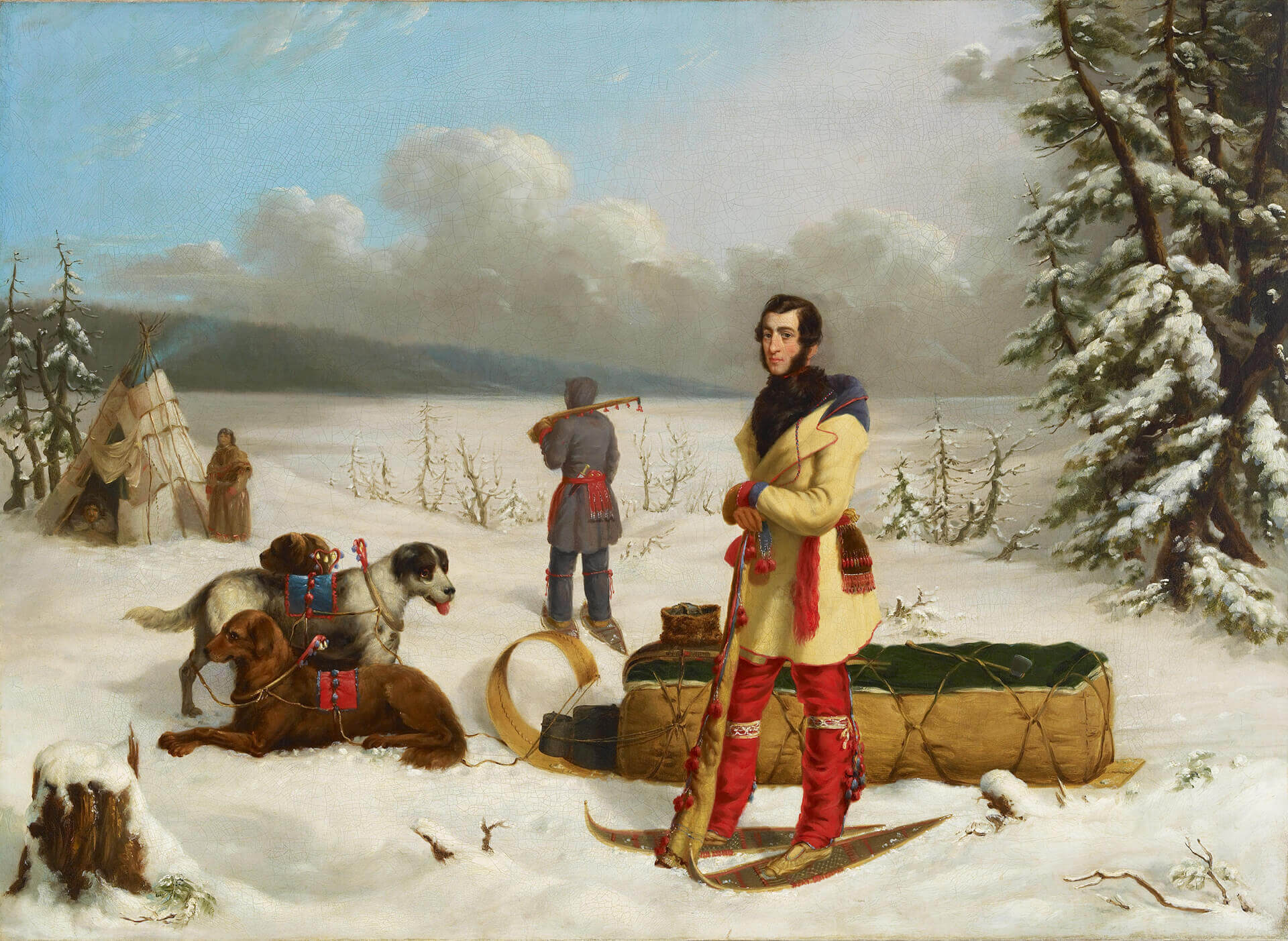25536. (Amnesty International)Torture and Enforced Disappearances in the Sunshine State ―
. . . . . Human Rights Violations at “Alligator Alcatraz” and Krome in Florida [report]
25537. (R. F. Foster) Foster’s Encyclopedia of Games, Including All the Indoor Games Played
. . . . . at the Present Day [1897]
25538. [3] (Jerome Bixby) It’s a Good Life [story]
25539. (David Wengrow) The Origins of Civic Life ― A Global Perspective [article]
25540. (Michael Moorcock) The Jewel in the Skull
25541. (Ian Hodder) Things and the Slow Neolithic: the Middle Eastern Transformation [article]
25542. (Jerome Bixby) The Whip [story]
25543. (Arthur B. Evans) Another Verne Manuscript Translated [article]
25544. (Madison Charlton) The Children of Martha March into Negative Space [manuscript]
25545. (Bede) The Story of Cædmon [excerpt from An Ecclesiastical History of the English
. . . . . People]
25546. [2] (William Breiding) The Sensual World [article]
25547. (Jacques Godbout) Hail Galarneau!
Author Archives: Phil Paine
READING — FEBRUARY 2026
FILMS — JANUARY 2026
(Lopez 2025) MidSomer Murders: Ep.140 ― A Climate of Death
(Bell 1981) The Hitchhiker’s Guide to the Galaxy: Ep.1 ― Fit the First
(Chung 1991) Æon Flux: Ep.1–6 ― Six-segment Pilot
(Asquith 1952) The Importance of Being Earnest
(Moxey 1972) The Night Stalker
(Eastman 1979) The Littlest Hobo: Ep.1 ― Smoke
(del Toro 2025) Frankenstein
(Fisher 1966) Island of Terror
(Tierney 2025) Heated Rivalry: Ep.1 ― Rookies
(Hitchcock 1930) Murder!
(Sonnenberg 2017) A Series of Unfortunate Events: Ep.1 ― The Bad Beginning Part One
(Eastman 1979) The Littlest Hobo: Ep.2 ― Manhunt, Part 1
(Selander 1951) Flight to Mars
(Protazanov 1924) Aelita: Queen of Mars [Аэли́та]
(Pignotta 2018) Otzi and the Mystery of Time
(Tierney 2025) Heated Rivalry: Ep.2 ― Olympians
(Smith 2014) The Brokenwood Mysteries: Ep.1 ― Blood & Water
(Dearden 1960) The League of Gentlemen
(Hathaway 1950) The Black Rose
(Ayoade 2004) Garth Marenghi’s Dark Place: Ep.1 ― Once Upon a Beginning
(Fisher 1959) The Hound of the Baskervilles
(Cunha 1958) Missile to the Moon
(Dickinson 1939) The Arsenal Stadium Mystery
(Tierney 2025) Heated Rivalry: Ep.3 ― Hunter
(Zilbalodis 2024) Flow [Straume]
(Cunha 1958) Giant from the Unknown
(Miyazaki 1978) Future Boy Conan [未来少年コナン]: Ep.1 ― Remnant Island
(Bell 1981) The Hitchhiker’s Guide to the Galaxy: Ep.2 ― Fit the Second
(Bernds 1958) Space Master X‑7
(Balaban 1954) Stranger from Venus
(Sharp 1978) The Thirty Nine Steps
(Tierney 2025) Heated Rivalry: Ep.4 ― Rose
First-time listening for FEBRUARY 2026
26978. (Bill Haley) The Decca Years & More [disc 1]
Nigeria 70 – No Wahala: Highlife, Afro-Funk & Juju 1973–1987:
. . . . 26979. (Odeyemi) “Oni Suru”
. . . . 26980. (Prince Nico Mbanga & Rocafil Jazz) “Sickness”
. . . . 26981. (Felixson Ngasia & The Survivals) “Black Precious Colour”
. . . . 26982. (Sina Bakare) “Africa”
. . . . 26983. (Saxon Lee & The Shadows International) “Special Secret of Baby”
. . . . 26984. (Osayomore Joseph & The Creative 7) “Obonogbozu”
. . . . 26985. (International Brothers Band) “Onuma Dimnobi”
. . . . 26986. (Don Bruce & The Angels) “Kinuye”
. . . . 26987. (Rogana Ottah & His Black Heroes Int.) “Let Them Say”
. . . . 26988. (Etubom Rex Williams & His Nigerian Artistes) “Psychedelic Shoes”
. . . . 26989. (Victor Uwaifo & The Titibitis) “Iziegbe [Ekassa No.70]”
. . . . 26990. (M.A. Jaiyesimi & His Crescent Bros Band) “Mundiya Loju”
26991. (George Shearing) George Shearing on Stage!
26992. (Chet Baker) The Italian Sessions
26993. (Erroll Garner) Concert by the Sea
26994. (Ruggero Leoncavallo) Gli Zingari [complete opera; d. Boncompagni; Galli,
. . . . . Bottion, Scorsoni ‑1970]
26995. (Buddy DeFranco) Buddy DeFranco en Argentina
READING — JANUARY 2026
(William Breiding) Leavings:
. . . . 25501. (Phil Paine) Introduction [preface]
. . . . 25502. (William Breiding) The Sensual World [article]
. . . . 25503. (William Breiding) Out Into the Woods [article]
. . . . 25504. (William Breiding) Coups d’etats of Childhood [article]
. . . . 25505. (William Breiding) Beyond the Mask [article]
. . . . 25506. (William Breiding) Ronnie Dawson “Rockin’ Bones” [article]
. . . . 25507. (William Breiding) Patron Saint of the Honky Tonks [article]
. . . . 25508. (William Breiding) Dead Pop Stars [article]
. . . . 25509. (William Breiding) Pop Matters [article]
. . . . 25510. (William Breiding) Crawdad Train [article]
. . . . 25511. (William Breiding) Crate Digger [article]
. . . . 25512. (William Breiding) Julia Elliott [article]
. . . . 25513. (William Breiding) Armistead Maupin [article]
. . . . 25514. (William Breiding) Leavings: 2015 [article]
. . . . 25515. (William Breiding) You’ll Be Dead [story]
. . . . 25516. (William Breiding) A Tale of Romance [article]
. . . . 25517. (William Breiding) What’s Up With Led Zep? [article]
. . . . 25518. (William Breiding) Misfits in Milan [article]
. . . . 25519. (William Breiding) Nasty Boy What Went Wrong? [article]
. . . . 25520. (William Breiding) San Francisco and the Big Beat [article]
. . . . 25521. (William Breiding) How To Go Deeply Into Debt [article]
. . . . 25522. (William Breiding) The Larry Chronicles [article]
. . . . 25523. (William Breiding) Down Among the Laurels [article]
. . . . 25524. (William Breiding) The Skeletons of Winter [article]
. . . . 25525. (William Breiding) My Sister’s Fake Husband [poem]
. . . . 25526. (William Breiding) Page From a Fucked Up Diary [poem]
. . . . 25527. (William Breiding) About To Begin [poem]
25528. (Andrew Ross Sorkin) 1929 ― Inside the Greatest Crash in Wall Street History
. . . . . and How It Shattered a Nation
25529. (Laura Dietrich, et al) LBK Outposts of Eilsleben: Hunter-farmer Encounters
. . . . . in the Borderlands of Early Neolithic Central Europe [article]
25530. (Eberhard Zangger) Prehistoric Earthquakes and their Consequences, as
. . . . . Preserved in Holocene Sediments from Volos and Argos, Greece [article]
25531. (Michael Freeman & Claude Jacques) Ancient Angkor
25532. (Mohammadamin Emami) Achaemenid Bronze! Quid Est? Archaeometallurgical
. . . . . Investigations on Some Bronze Artefacts from Persepolis [article]
25533. [2] (John Henry Cutler) Tom Stetson on the Trail of the Lost Tribe
25535. (Maurice Leblanc) [Arsène Lupin] L’île aux trente cercueils
FILMS — DECEMBER 2025
(Mackendrick 1955) The Ladykillers
(Booth 1900) Scrooge, or Marley’s Ghost
(Lean 1947) Great Expectations
(Jewison 1967) In the Heat of the Night
(Marrin 1938) A Christmas Carol
(Bangura 2025) MidSomer Murders: Ep.137 ― The Devil’s Work
(Clements, Hall, Musker & Williams 2016) Moana
(Izatt 2018) A Christmas Carol
(Wilkinson 2025) MidSomer Murders: Ep.138 ― Book of the Dead
(Roley 1965) Lost in Space: Ep.9 ― The Oasis
(Zemeckis 2009) A Christmas Carol
(Gibson 2025) MidSomer Murders: Ep.139 ― Claws Out
(Hall 1941) Here Comes Mr. Jordan
(Spielberg 1993) Jurassic Park
First-time listening for DECEMBER 2025
26971. (Hrdza) Neskrotený
26972. (Peter Sculthorpe) Irkanda IV for Violin, Percussion and Strings
26973. (Farya Faraji) “Noël Huron” [single]
26974. (Clannad) Anam
26975. (H. P. Lovecraft) H. P. Lovecraft
26976. (H. P. Lovecraft) H. P. Lovecraft 2
26977. (Great Big Sea) XX
READING — DECEMBER 2025
25481. (Sumit Kumar) Decolonising Justice in India: A Solidarity-Based Approach to
. . . . . Post-Colonial Justice [article]
25482. (Vladimir F. Niculescu) Non-genetic Mechanisms in Cancer Evolution: Senescence,
. . . . . Unicelluarization, and Cycles of Stemness Recovery [article]
25483. (Dominick Graham) The Price of Command ― A Biography of General Guy Simonds
25484. (Vera Zamagni) An Economic History of Europe Since 1700
25485. (Harry Boyte) The Black Citizen Teachers Who Changed the South [article]
25486. (Hédi Bouraoui) Ainsi parle la Tour CN
(August Strindberg) Six Plays of Strindberg [tr. Elizabeth Sprigge]:
. . . . 25487. (Eric Bentley) On Strindberg [preface]
. . . . 25488. (August Strindberg) The Father [play]
. . . . 25489. (August Strindberg) Miss Julie [play]
. . . . 25490. (August Strindberg) The Stronger [play]
. . . . 25491. (August Strindberg) Easter [play]
. . . . 25492. (August Strindberg) A Dream Play [play]
. . . . 25493. (August Strindberg) The Ghost Sonata [play]
25494. (John T. Koch) Convergence in situ: the Formation of the Indo-European Branches
. . . . . and the Bronze-Iron Transition [article]
25495. (Philippe Aubert de Gaspé) Les anciens Canadiens
25496. (Zhizhou Zhang, et al) The Evolution of Cognitive Abilities in Marine Animals: A
. . . . . Hypothesis Based on Insights about Cognition Gene Polymorphisms in
. . . . . Coelocanths and Lungfish [article]
25497. (Matti Charlton) Introducing Malavak
25498. (Vera Zamagni) The Italian Economy
25499. [3] (John Henry Cutler) Tom Stetson and the Giant Jungle Ants
25500. [3] (Lee Sutton) Venus Boy


